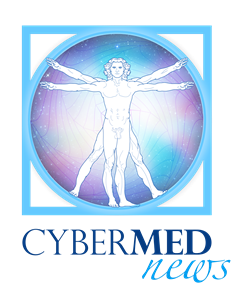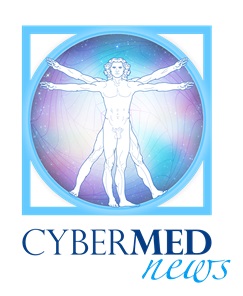 Share on Facebook
Share on Facebook
A nonmainstream approach against cancer
Abstract
The discovery of antibiotics as specific and effective drugs against infectious agents has generated the belief that the famous Paul Erlich theory on magic bullet should be applied to cancer as well. However, after around 60 years of failures in finding a magic bullet against cancer, a question appears mandatory: does the magic bullet against cancer really exist? In trying to understand more on the issue, we propose three discoveries are coming from a nonmainstream approach against cancer. Tumor is acidic, and tumor acidity impairs drugs entering within tumor cells and isolates tumors from the rest of the body. Proton pumps are key in allowing tumor cells to live in the acidic microenvironment. A class of antiacidic drugs, proton pump inhibitors (PPIs), were shown to have a potent anti-tumor effect, through inhibition of proton pumps in tumor cells. PPIs are indeed prodrugs needing acidity to be activated into the active molecule. So they use protonation by H+ as an activating mechanism, while the vast majority of drugs are totally neutralized by protonation. An anti-tumor therapy based on PPI showed to be effective both in vitro and in vivo. Differently from normal cells, cancer cells meet their energy needs in great part by fermentation, and it appears conceivable that hypoxia and low nutrient transform tumor cells into fermenting anaerobes. This suggests that cancer cells are more similar to unicellular organisms, aimed at surviving in a continuous fighting, rather than cooperating, with other cells, as it occurs in the normal homeostasis of our body. We have shown that cancer cells take their fuel by “cannibalizing” other cells, either dead or alive, especially when starved and in acidic condition. This finding led to the discovery of a new oncogene TM9SF4 that human malignant cell shares with amoebas. The evidence is accumulating that almost all the cells release extracellular vehicles (EVs), from micro- to nanosize, which shuttle a variety of molecules. Tumor cells, particularly when stressed in their hostile microenvironment, release high levels of EVs, able to interact with target cells in various ways, within an organ or at a distance. They may represent both valuable tumor biomarker and shuttles for drugs with anti-tumor properties. This article wants to burst a real change in future anti-cancer strategies, based on the idea that tumors are much more common features than specific molecular targets.
http://www.tandfonline.com/doi/full/10.3109/14756366.2016.1156105



